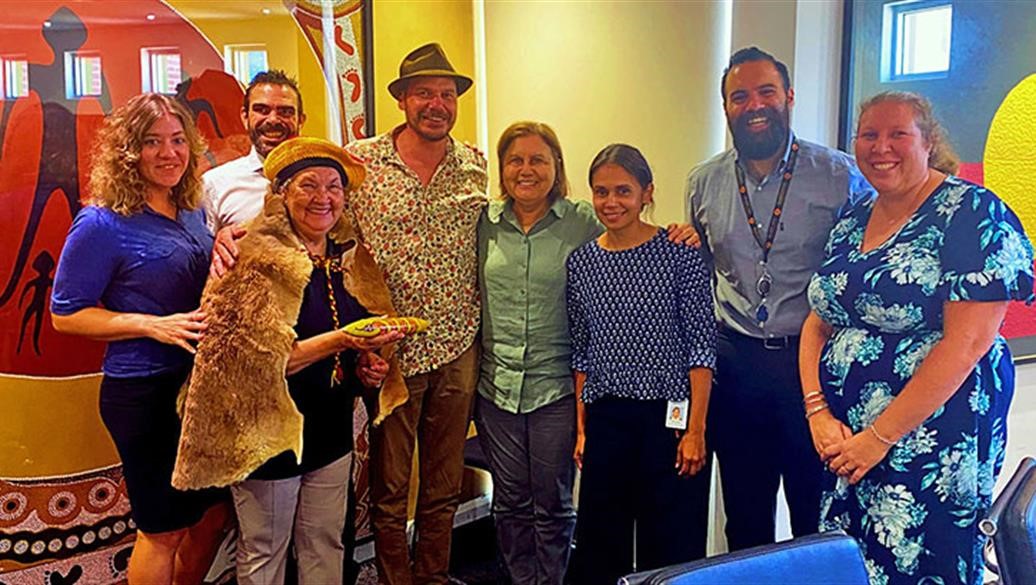
The sites and cohorts for the Aboriginal Family Led Decision Making (AFLDM) pilot, due to start in October this year, have been announced.
The implementation Group, consisting of senior Aboriginal leaders, have chosen the Midwest/Gascoyne and Mirrabooka as the two locations for the pilot.
The pilot has been designed to strengthen Aboriginal self-determination and address the over-representation of Aboriginal children in out-of-home care.
The pilot will enable independent Aboriginal convenors to facilitate a culturally safe process to support Aboriginal families to have input into decisions regarding their children who are involved with child protection.
Three cohorts have been chosen for the pilot:
- Aboriginal families engaged in pre-birth planning with the goal of preventing infants from coming into care.
- Aboriginal families engaged in Intensive Family Support, with the goal of preventing children from coming into care.
- Aboriginal families where one or more of the children in the family group are in care and the goal is to work towards safe return to family (reunification) and have family-led cultural support planning.
The independently selected Implementation Group commenced meeting in February this year, to make numerous decisions regarding the pilot. The group are working in partnership with the Department’s Specialist Child Protection Unit.
Co-chair of the Implementation Group, William Hayward, said the pilot was essential in the development of comprehensive and effective case planning approaches reflective and responsive to Aboriginal peoples.
“Under this pilot, our children, young people’s and families’ voices are being heard in the development of meaningful and targeted solutions in children protection,” he said.
“These solutions are developed whilst working alongside child protection professionals to maintain safety and enhance wellbeing of children and empowering families to reach their full potential.
“The model is focused on best practice principles and aligns with Child Protection procedures. This is a significant shift towards better outcomes and a more robust Western Australian child protection system.
“It is a shift towards innovative practice and development of self-determination in child protection whilst ensuring positive outcomes for vulnerable children and young people”
In choosing the pilot sites, the implementation group explored the region’s sector service delivery readiness and capacity to deliver the model with integrated wrap-around support services to effectively respond to family led solutions targeting family restoration and safety.
“The chosen cohort and locations demonstrated their readiness and capacity to support the AFLDM pilot delivery led by an Aboriginal Community Controlled Organisation in collaboration with the Department,” said Implementation Group member Glenda Kickett.
“These were identified as strengths by the Implementation Group so as to ensure the most appropriate evaluation and learnings from the program in service delivery including cultural approaches and appropriate outcomes in addressing the high rates of Aboriginal children in care.”
The co-design of the pilot was facilitated through a series of roundtable meetings and workshop with Aboriginal Practice Leaders in late 2020. The WA pilot will support families in making culturally based, family-driven decisions through meetings facilitated by an Aboriginal practitioner who is external to the Department of Communities.
The McGowan Government has invested $715,000 to establish implementation of the two-year AFLDM project, which was prioritised in the 2020 Western Australia Recovery Plan as a key initiative for supporting vulnerable people.
The pilot complements a range of other initiatives to improve the safety of children, including the Aboriginal In-Home Support Service and efforts to expand and build the capacity of the Aboriginal Community Controlled Organisations (ACCOs) sector in Western Australia.


